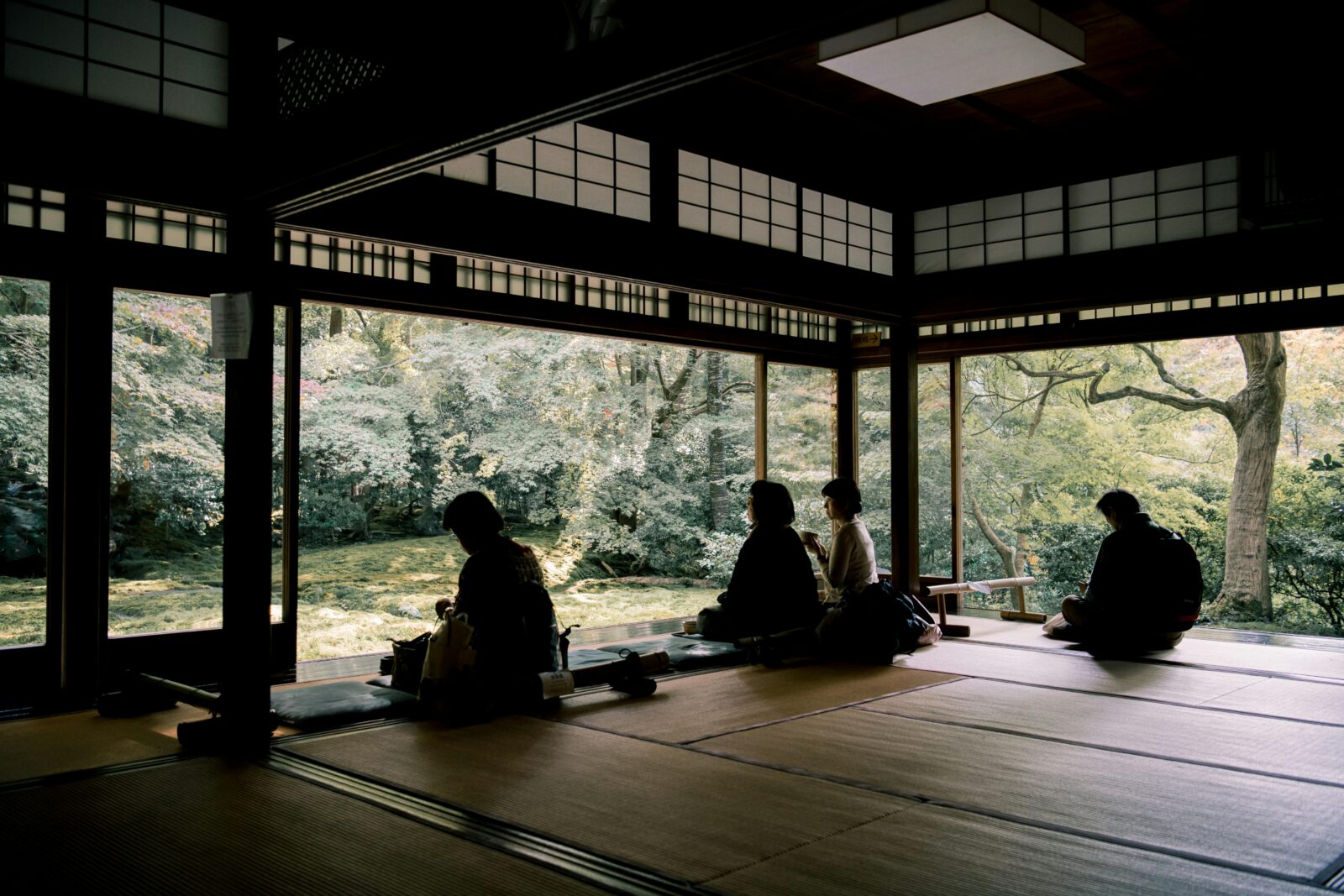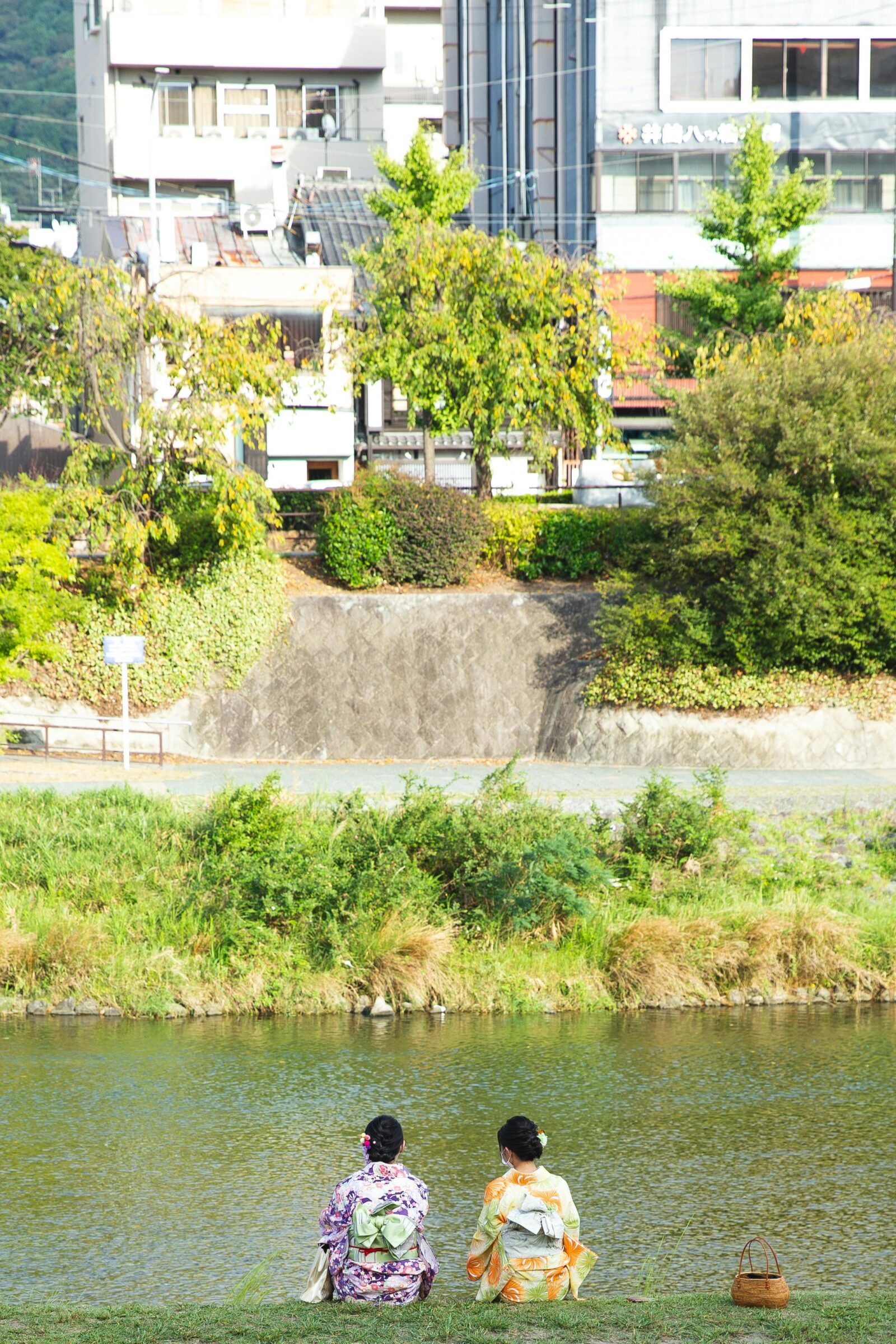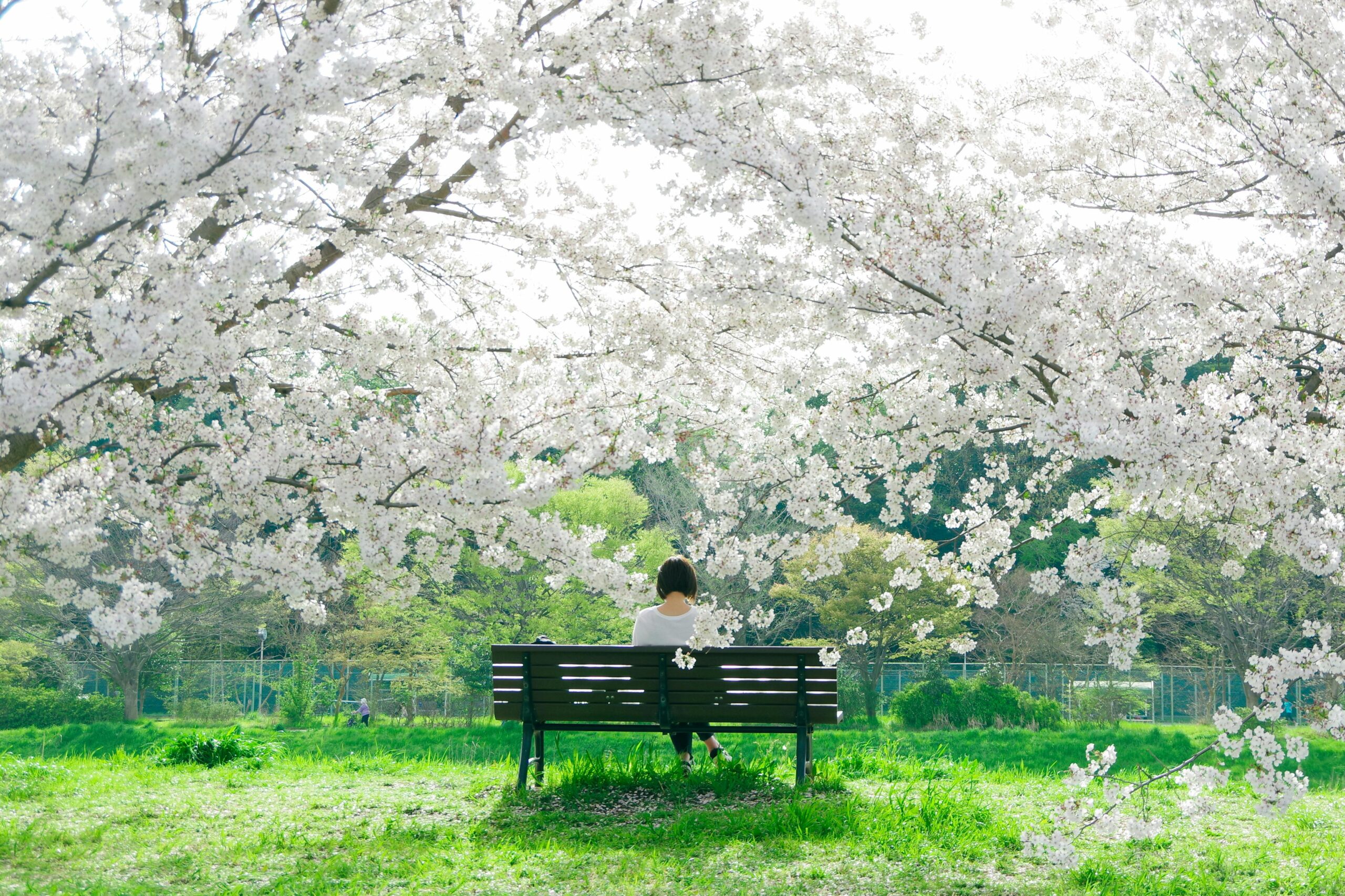When life starts to feel repetitive or heavy, Japanese people often say:
「気分転換しよう。」(Kibun tenkan shiyō.)
It means, “Let’s change the mood,” or “Let’s refresh ourselves.”
It sounds simple, but it carries a deep sense of mindfulness and self-awareness — a quiet recognition that even small pauses can bring clarity and calm. In Japan, where people often value perseverance and harmony, kibun tenkan isn’t laziness. It’s a balance.

What “気分転換 (Kibun Tenkan)” Really Means
- 気分 (kibun) — mood, feeling
- 転換 (tenkan) — change, shift
Together, they describe the act of gently shifting your mental state — not escaping, but resetting. It’s a way to breathe, clear the mind, and start again with quiet energy.
In my own work as a caregiver in Japan, I’ve come to realize how important this concept truly is. Caregiving can be physically demanding and emotionally draining. There are days when my body feels heavy, my thoughts clouded — especially after helping with bathing, transfers, or long hours of supporting users one after another. But a simple kibun tenkan — stepping outside for a few minutes, sharing tea with a coworker, or just stretching near the window — makes a world of difference.
It’s not just about rest; it’s about resetting your heart.
Kibun Tenkan in the Workplace
In Japanese workplaces, taking a short break is often considered part of working efficiently — not the opposite. You’ll often hear:
「ちょっと気分転換してきます。」
Chotto kibun tenkan shite kimasu.
“I’ll take a short break to refresh myself.”
Or when someone notices you look tired, they might say:
「気分転換にお茶でもどうですか?」
Kibun tenkan ni ocha demo dō desu ka?
“How about some tea to refresh yourself?”
At my day service facility, I often hear this phrase exchanged between staff. During busy days, one coworker might suggest a kibun tenkan right after assisting with multiple users or finishing paperwork. Sometimes, we just stand near the entrance for a minute to watch the sky or talk about something lighthearted. That small act resets our energy before returning to the next task.
Even five minutes away from the care floor can soften the mind and body — enough to bring back a smile.
Kibun Tenkan in Daily Life
Outside of work, kibun tenkan becomes even more personal. It can mean taking a walk around the neighborhood, buying your favorite snack, cleaning your room, or enjoying a quiet bath. It’s about creating little moments of peace that remind you to breathe.
「気分転換に買い物行こう!」
Kibun tenkan ni kaimono ikō!
“Let’s go shopping to change things up!”
「最近ずっと家にいるから、気分転換したいな。」
Saikin zutto ie ni iru kara, kibun tenkan shitai na.
“I’ve been home all the time lately. I need a change of mood.”
When I first moved to Japan, I used to think kibun tenkan was just another phrase for “take a break.” But I realized it’s more intentional — it’s about caring for your mental space before it becomes too heavy.
Other Beautiful Japanese Ways to Say “Refresh”
Japanese has many expressions for recharging the spirit, each with its own feeling.
💧 リフレッシュする (Rifureshu suru) — to refresh oneself
A casual, modern word borrowed from English. You’ll often hear it in everyday talk.
「週末は温泉に行ってリフレッシュしました。」
Shūmatsu wa onsen ni itte rifureshu shimashita.
“I went to a hot spring to refresh myself over the weekend.”
When I finally had a free weekend after weeks of work, I went to a nearby onsen. That quiet soak felt like a full reset — the warmth of the water, the silence, the smell of minerals in the air. That was my kibun tenkan.
切り替える (Kirikaeru) — to switch your mindset
Used when you want to mentally change gears — from stress to focus, or from one role to another.
「失敗しても気持ちを切り替えよう。」
Shippai shitemo kimochi o kirikaeyō.
“Even if you fail, switch your mindset and move on.”
I often use this word mentally after making a small mistake at work. Instead of overthinking, I remind myself to kirikaeru — reset and keep going.
心機一転 (Shinki itten) — a fresh start
A formal expression often used when setting goals or starting a new chapter.
「心機一転、新しい気持ちで頑張ります。」
Shinki itten, atarashii kimochi de ganbarimasu.
“I’ll make a fresh start with a renewed heart.”
When I began my new life in Japan, this phrase felt very real to me — a reminder that change can also be a form of healing.
一息つく (Hitoiki tsuku) — to take a breather
A gentle, comforting way to say “take a short rest.”
「ちょっと一息つきましょう。」
Chotto hitoiki tsukimashō.
“Let’s take a short break.”
This is something I often say to myself after helping many users in a row. Just sitting down with tea for one minute — that’s enough to reset.
気持ちをリセットする (Kimochi o risetto suru) — to reset your feelings
A modern, emotional phrase used often by younger people.
「寝て気持ちをリセットする。」
Nete kimochi o risetto suru.
“I’ll sleep and reset my feelings.”
After a long day, sometimes sleep really is the best kibun tenkan.

Everyday Wisdom
Whether it’s kibun tenkan, rifureshu suru, or hitoiki tsuku, all these expressions share a gentle wisdom:
Work hard, but don’t forget to pause. Care for others, but also care for yourself.
In caregiving, I’ve learned that 気分転換 isn’t just for staff — it’s also important for the elderly we care for. Sometimes, when a user seems tired or quiet, we might take them outside for fresh air or let them watch the flowers in the garden. That small moment — a little breeze, a small smile — is also kibun tenkan.
So next time you feel tired, say softly:
「気分転換しよう。」(Kibun tenkan shiyō.)
Let’s change the mood.
Because sometimes, the smallest shift — a breath, a smile, a cup of tea — can bring you back to yourself.

